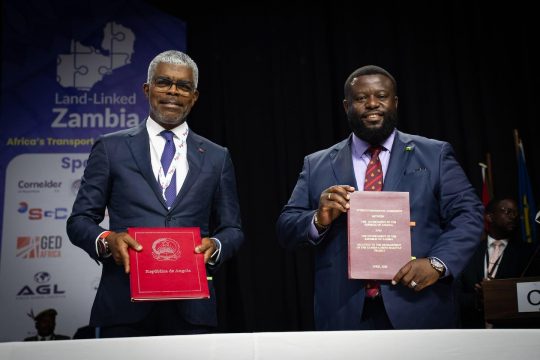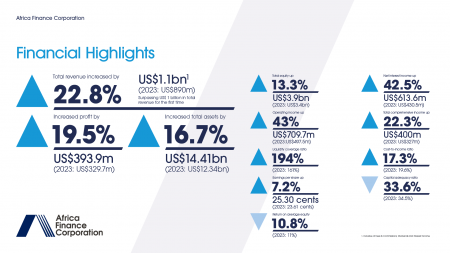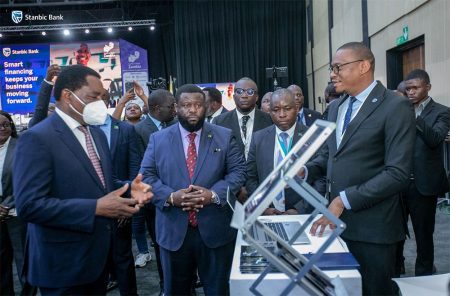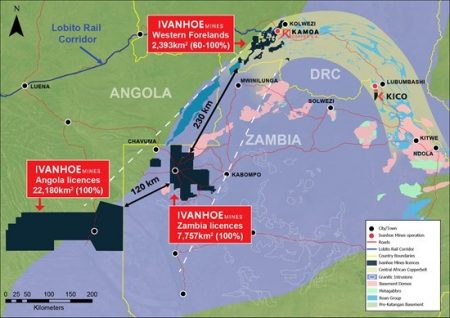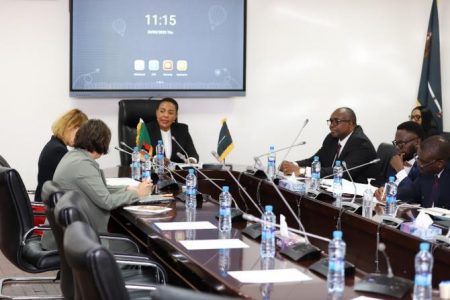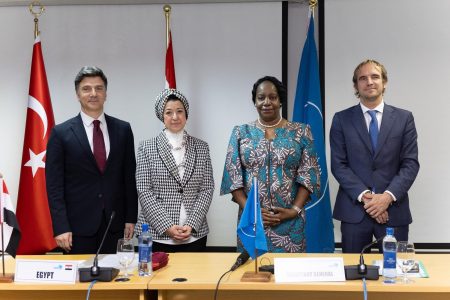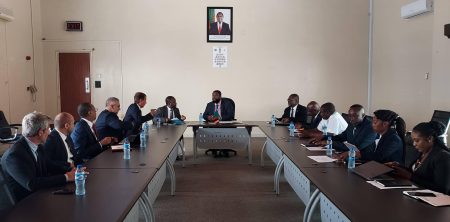This content is for Premium Subscribers only. To view this content, login below or subscribe as a Premium Subscriber.
Related News Articles
Zambia: Suspension of Passenger Train Services Following a Goods Train Derailment
22 April 2025
SADC, Zambia
1 min
1 min
Zambia and Angola Sign Landmark Agreement to Advance Lobito–Zambia Railway Project
14 April 2025
SADC, Zambia
1 min
Stanbic Ready to Support Transport and Logistics Sector
14 April 2025
SADC, Zambia
3 min
6 min
European Union Pledges Continued Support to Zambia
05 April 2025
SADC, Zambia
1 min
2 min
2 min
1 min
Lobito, TAZARA Threaten Walvis Bay’s Attractiveness to Namibia’s Neighbours
01 March 2025
SADC, Zambia
2 min
Egypt, Turkey, and France Ambassadors Accredited to COMESA
20 February 2025
SADC, Zambia
2 min
Zambia Railways Key in Zambia’s 3 Million Tonnes Copper Production Target
14 February 2025
SADC, Zambia
1 min
Zambia Government Welcomes DP World for Partnership
14 February 2025
SADC, Zambia
1 min
Closure Of Ndola-Sakania Railway Line Due to Sinkhole Incident
14 February 2025
SADC, Zambia
1 min
Lobito Corridor Key to Zambia’s Economic Transformation
06 February 2025
SADC, Zambia
1 min
IDC Zambia Calls for Urgent Railway Sector Reforms
06 February 2025
SADC, Zambia
1 min
Zambia Reaffirms Its Commitment Towards the Operationalisation of the Lobito Corridor
24 January 2025
SADC, Zambia
2 min
